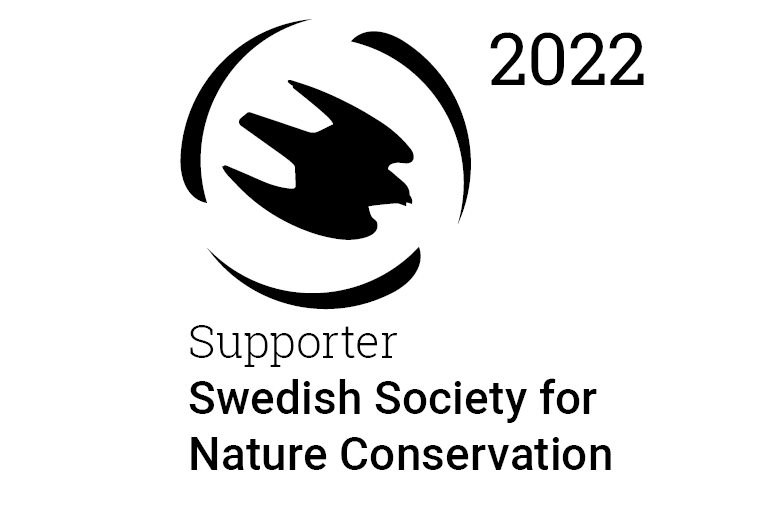- Home
- GPC Argentina
Login
Forget Password
In
2018, a memorandum of understanding and
cooperation for the management of chemicals was signed between Argentina and
Brazil. Among the objectives, the memorandum aimed to exchange information
(including the Brazilian study on chemical management) and to strengthen
collaboration in the design of policies, regulations, and regulatory
instruments for the management of chemical substances.
The
National Law for the Management
of the Risk of Chemical Substances was published in June 2019 with
the purpose to create a harmonized inventory at the national level for all
chemical substances produced or introduced in the territory. It was also
published to strengthen the mechanisms for risk evaluation and management. The
system is similar to the one proposed in Brazil: it will be implemented in
phases; the Ministry of Environment and Sustainable Development is the main
agency in charge; chemicals will be evaluated by a special committee that will
create a hazardous chemical list (and will be prioritized for risk management);
a three year adaptation time; and manufacturers’ and importers’ mandatory
annual updates to the system will follow.
News

Argentina Expedites Pesticide Registration by Recognizing Technical Equivalence with Seven Countries
Jul-18-2024
Argentina has taken a significant step towards expediting its pesticide registration procedure by recognising technical equivalence with seven key countries: the United States, Mexico, the European Union, the United Kingdom, Australia, New Zealand, and Brazil.
Resolution 694/2024: Key Details
The new Resolution 694/2024, published in 2024, stipulates that equivalency will be granted only if the technical grade active substance to be registered comes from the same manufacturing facility and has ‘the same or higher purity level’ as the product approved in the countries listed above.
By accepting equivalence from countries with strong regulatory regimes, Argentina hopes to speed up the pesticide registration process, lower business costs and increase access to critical agricultural supplies. The decision is anticipated to promote tighter coordination between Argentina and the listed nations on pesticide control, as well as facilitate trade in agricultural goods.
Establishment of National Registry and Regulatory Oversight
The legislation establishes the National Registry of Plant Therapeutics and mandates stringent controls over the production, import, export, and marketing of phytosanitary products used in agriculture.
Key provisions of the legislation include:
National Registry: The creation of a centralized registry to monitor and regulate phytosanitary products.
Industry Responsibility: Strict accountability for those involved in the production and trade of these products.
International Standards: Adoption of global best practices and recognition of equivalence for technical grade active substances based on guidelines from organizations like the World Trade Organization.
Regulatory Alignment: Acknowledgment of leading regulatory bodies such as the US EPA and EU's EFSA for phytosanitary product evaluation.
National Oversight: The designation of SENASA (National Service of Agri-Food Health and Quality) as the authority responsible for registration, trade, and quality control of agri-food products.
Compliance Focus: A strong emphasis on adhering to international standards for health, safety, and quality in agri-food production.
Impact on the Agri-Food Chain
Argentina's dedication to protecting consumers and maintaining global standards in the agri-food industry is evident in this extensive regulatory reform. The legislation aims to protect public health and ensure the quality of agricultural produce. It covers a wide range of products within the agri-food chain, including food, raw materials, additives, animal feed, and fishery products.

Argentina Prohibits the use of three substances in personal care products
Oct-30-2023
On 2 November 2023, the 90-day deadline set by the Argentine National Administration of Medicines, Food, and Medical Technology (ANMAT) for companies to make the required revisions and begin the process of changing formulations and labeling required under Provision 5978 / 2023 will expire.
The Provision was released by the ANMAT on 4 August 2023. The article prohibits the use of certain substances in cosmetics, personal hygiene, and perfume products, including 4-Amino-3-hydroxytoluene, 1,2,4-Trihydroxybenzene, and 2-[(4-amino-2-nitrophenyl)-amino]-benzoic acid.
The EU’s Scientific Committee on Consumer Safety (SCCS) has already issued opinions on the safety of these ingredients when used in hair and eyelash dyes. The SCCS found that 4-amino-3-hydroxytoluene and 1,2,4-Trihydroxybenzene are genotoxic, while 2-[(4-amino-2-nitrophenyl)-amino]-benzoic acid is mutagenic. According to the findings, the use of these chemicals in cosmetics is not safe. Based on the quality of the scientific evidence provided, the European Commission modified Annex II of Regulation No. 1223/2009 to include these compounds in the list of substances restricted for use in cosmetics. ANMAT cites the EU's findings as the proof required to ban the chemicals in Argentina.
Provision 5978 / 2023 also forbids the marketing of cosmetic products containing these chemicals. Companies that own, produce, or import cosmetic items affected by this clause have 90 calendar days (until 2 November 2023) to make required revisions and commence the process of changing formulations and labeling. Penalties for non-compliance will be imposed in accordance with Law 6.463 and Decree No. 341/92. The Provision entered into force on the day of its publication in the Official Gazette, and it must be filed with the National Directorate of the Official Registry, the Argentine Chamber of the Industry of Personal Hygiene, Cosmetics, and Perfumery Products, and other organizations.
Login
Forget Password
Global Product Compliance (GPC) specializes in Global Regulatory Compliance Solutions across sectors
globally. SSS Europe, a familiar name in chemical regulatory and compliance services now formally belongs
under the umbrella of GPC Holding Sweden.
Since 2008, we have emerged as one of the leading names among Global Regulatory Compliance Service
Providers with Representation services in Europe, Asia and Middle East for respective chemical
regulations.


